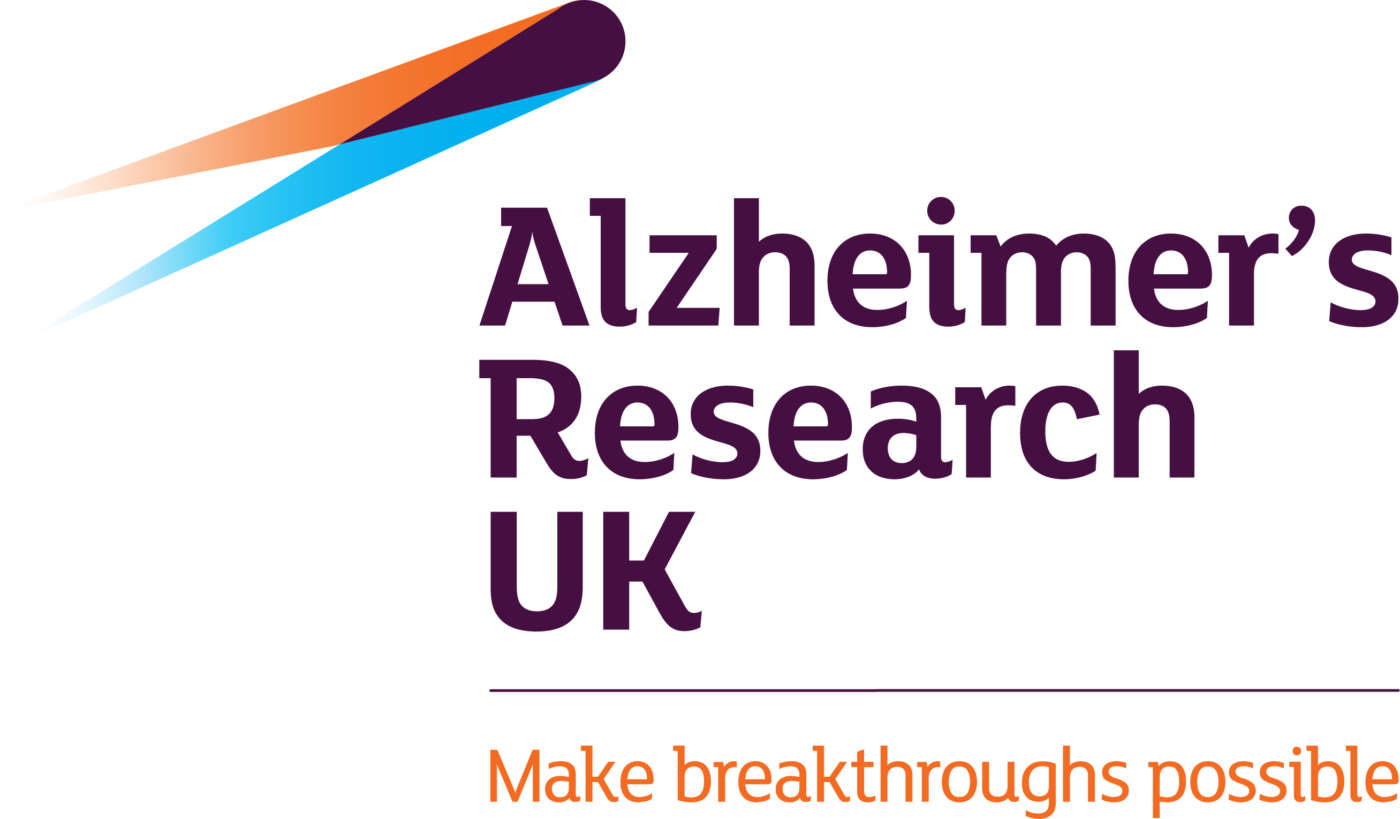The Alzheimer’s Research UK annual conference, or ARUK, takes place each year in the Spring. Dementia researchers from all over the UK gather to share their research in the field of neurodegenerative diseases. This year, due to the coronavirus outbreak, ARUK went virtual (along with many other conferences – see our blogpost). This week, ARUK was held on an online platform with live talks and virtual poster presentations to simulate the real event.
The first day of the conference was aimed specifically at early career researchers (ECRs) and included talks, workshops and panel discussions. All of the ECRs from the FTD Talk team attended. After a keynote address from postdoctoral researcher and science communicator Dr Ozama Ismail, scientific talks were given by six PhD candidates from different fields of dementia research, presenting genetic, imaging, clinical and cellular data. It was great to see PhD candidates given a platform to share their work.
Next up were the workshops. There were multiple parallel workshops on offer and each attendee could select two workshops to attend. These included Open Science, Public Engagement, Fellowships and Paper Writing.
The Open Science workshop focused on the importance of open access publications and sharing data. This is important not only for scientists but also for individuals who might not work in dementia research such as those who put huge effort into fundraising for charity-funded research.
The Public Engagement workshop was interactive – after an introductory talk from science communicator Hana Ayoob, attendees had a go at making their own ‘zines’ which are a unique way of communicating scientific concepts via a miniature leaflet/magazine. It was great fun to get creative and break out into smaller groups to discuss ideas.
The Fellowships workshop was delivered by a few academic researchers at different stages of their careers: Dr Daniel Erskine, Prof Katie Lunnon and Dr Frances Wiseman, and Head of Research at ARUK, Dr Rosa Sancho. The speakers gave insights into the application process for fellowships in general and shared their own experiences (good and bad!). It was great to hear about different routes into junior/senior fellowships and tenured positions in academia.
The Paper Writing workshop was especially helpful for ECRs who have less experience in writing papers for publication and gave several tips to approach writing. A key take home message was to communicate the story of your research and what it means for the bigger picture throughout your paper.
The ECR day ended with a series of Careers talks and a panel discussion. This session gave ECRs the opportunity to hear from people that had left academia to work in a different scientific setting, including scientific journal editing, policy making and science communication. Even for ECRs planning on staying in academia, it was an incredibly helpful session to demonstrate the significance of their work in different fields and what impact research can have.
The ECR day was a great start to the conference and provided valuable content in an engaging way, albeit virtually. If you want to hear more about the ECR day and the main conference, members of the FTD Talk team were guest speakers on two Dementia Researcher podcasts discussing the sessions in detail – you can find these via the usual podcast providers (Apple Podcasts, Spotify, etc.), or see more information at https://www.dementiaresearcher.nihr.ac.uk.

